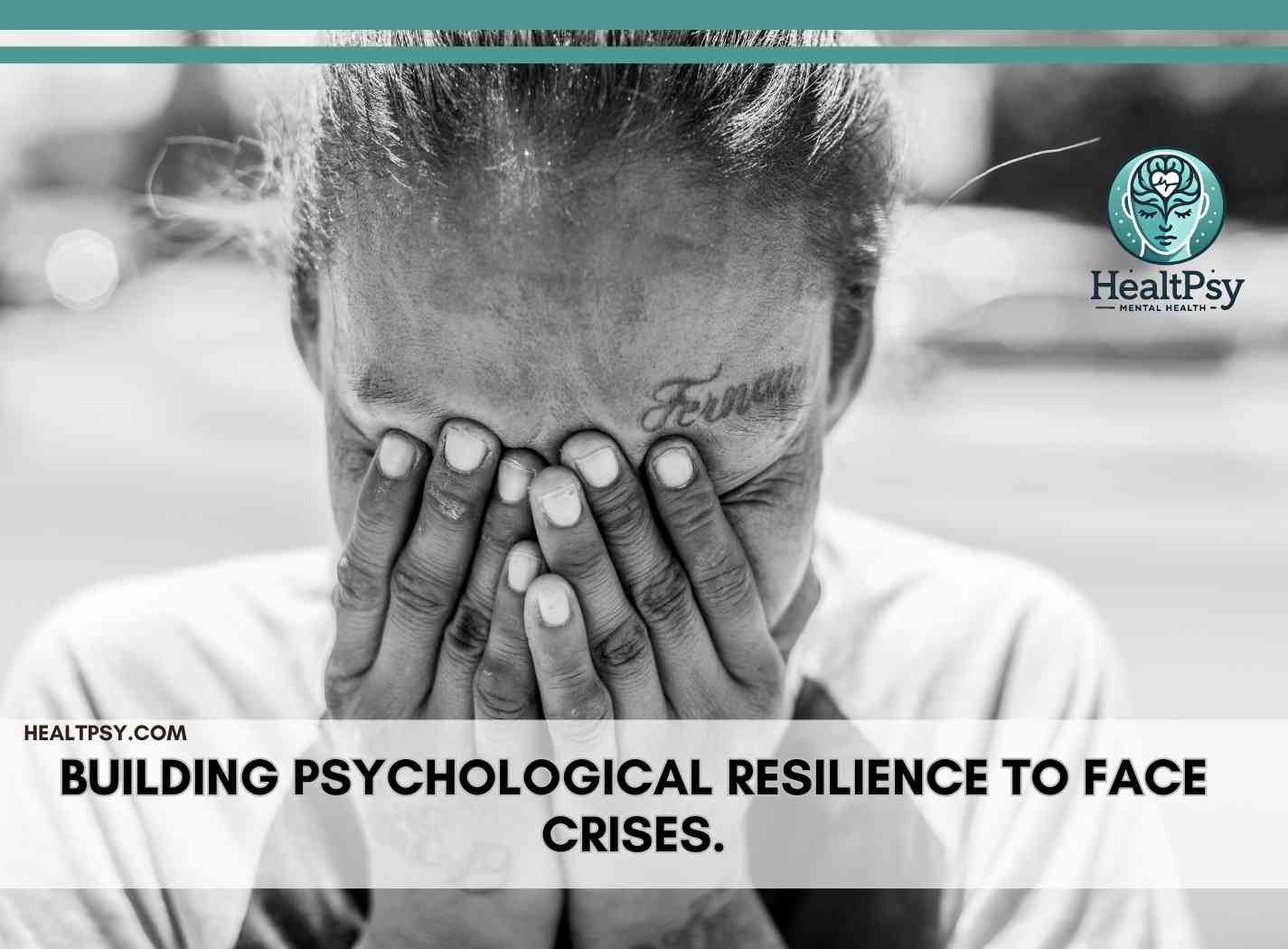10 Practical Ways to Manage Daily Stres
Introduction
Learning how to manage daily stress is essential for maintaining both mental and physical well-being. While stress is a natural response to challenges, prolonged or excessive stress can have harmful effects on overall health. According to the American Psychological Association (APA), chronic stress is linked to anxiety, depression, high blood pressure, and cardiovascular diseases.
Adopting effective techniques to manage daily stress, such as mindfulness, physical activity, and time management, can improve emotional resilience and enhance quality of life. This article provides practical, science-backed strategies to help you manage daily stress efficiently.
What is Stress?
Stress is the body’s reaction to any situation that requires adjustment or response. It can arise from external pressures such as work demands, financial struggles, or social conflicts, as well as internal factors like self-doubt or perfectionism. Knowing how to manage daily stress helps prevent these pressures from escalating into chronic mental health issues.
Common Symptoms of Stress
Stress manifests in different ways, including:
- Physical Symptoms: Fatigue, muscle tension, headaches, increased heart rate.
- Emotional Symptoms: Irritability, mood swings, anxiety, or feeling overwhelmed.
- Behavioral Symptoms: Changes in sleep patterns, overeating or undereating, social withdrawal.
10 Effective Ways to Manage Daily Stress
1. Practice Mindfulness and Meditation
Mindfulness is one of the most powerful ways to manage daily stress. It involves focusing on the present moment, reducing stress and promoting clarity. Studies show that meditation lowers cortisol levels, the primary stress hormone.
How to Practice Mindfulness:
- Dedicate 10 minutes daily to deep breathing exercises.
- Use mindfulness apps like Headspace or Calm for guided meditation.
- Engage in mindful walking, focusing on each step and breath.
2. Exercise Regularly
Exercise is a cornerstone of strategies to manage daily stress. Physical activity releases endorphins, natural chemicals that promote relaxation and improve mood.
Best Exercises for Stress Relief:
- Walking or jogging in nature.
- Yoga and stretching exercises.
- Swimming or cycling.
3. Maintain a Balanced Diet
Nutrition plays a key role in how well we manage daily stress. A healthy diet helps regulate hormones and stabilize mood.
Foods That Help Reduce Stress:
- Omega-3-rich foods (salmon, walnuts, flaxseeds).
- Magnesium-rich foods (spinach, almonds, bananas).
- Vitamin B-complex foods (whole grains, eggs, legumes).
Avoid excessive caffeine and processed sugars, which can negatively affect your ability to manage daily stress.
4. Get Enough Quality Sleep
Getting proper rest helps the brain and body reset, making it easier to manage daily stress during waking hours.
Tips for Better Sleep:
- Establish a consistent sleep schedule.
- Reduce screen time before bed.
- Create a calm sleep environment.
5. Manage Your Time Effectively
Time management is a critical skill to manage daily stress effectively. Poor time use often leads to unnecessary pressure.
Time Management Strategies:
- Prioritize urgent tasks and break large projects into smaller steps.
- Use productivity apps like Trello or Todoist.
- Set realistic goals and avoid multitasking.
6. Connect with Others
Talking to someone is one of the easiest ways to manage daily stress. Support systems enhance resilience and reduce emotional burden.
Ways to Strengthen Social Connections:
- Engage in meaningful conversations.
- Join community or hobby groups.
- Seek professional counseling if needed.
7. Identify Stress Triggers
When you recognize your stressors, you’re better prepared to manage daily stress before it escalates.
How to Identify Stress Triggers:
- Keep a stress journal.
- Look for recurring patterns.
- Adjust lifestyle choices accordingly.
8. Seek Professional Support
If you struggle to manage daily stress on your own, therapy can be a valuable tool. Professionals offer strategies tailored to your needs.
Benefits of Therapy for Stress Management:
- Learn effective relaxation techniques.
- Address emotional blockages.
- Develop adaptive coping mechanisms.
9. Engage in Relaxing Activities
Doing things you love is a simple and enjoyable way to manage daily stress.
Best Relaxation Activities:
- Listening to calming music.
- Reading or journaling.
- Creative activities like painting or gardening.
10. Establish Healthy Boundaries
To effectively manage daily stress, you must protect your time and energy.
How to Set Healthy Boundaries:
- Learn to say no without guilt.
- Avoid emotionally draining environments.
- Make self-care a priority.
Long-Term Strategies for Stress Management
It’s not just about momentary relief. Building habits that consistently manage daily stress will lead to a healthier mindset over time.
- Develop a solution-focused mindset.
- Incorporate daily deep breathing or yoga.
- Limit exposure to negative media influences.
Benefits of Managing Daily Stress
Once you learn how to manage daily stress, you’ll experience life-changing benefits:
- Better Mental Clarity: Improved focus and decision-making.
- Stronger Immune System: Fewer stress-related illnesses.
- Emotional Stability: More control over mood and anxiety.
- Healthier Relationships: Less conflict and more empathy.
Conclusion
Stress is an unavoidable part of life, but with the right habits, you can manage daily stress effectively. From mindfulness to social support, each strategy contributes to a more balanced and resilient mindset.
If you find yourself struggling, don’t hesitate to seek help. Taking action to manage daily stress is a step toward a healthier, more fulfilled life.
Managing Psychological Stress
For more guidance, visit:
you might also like





